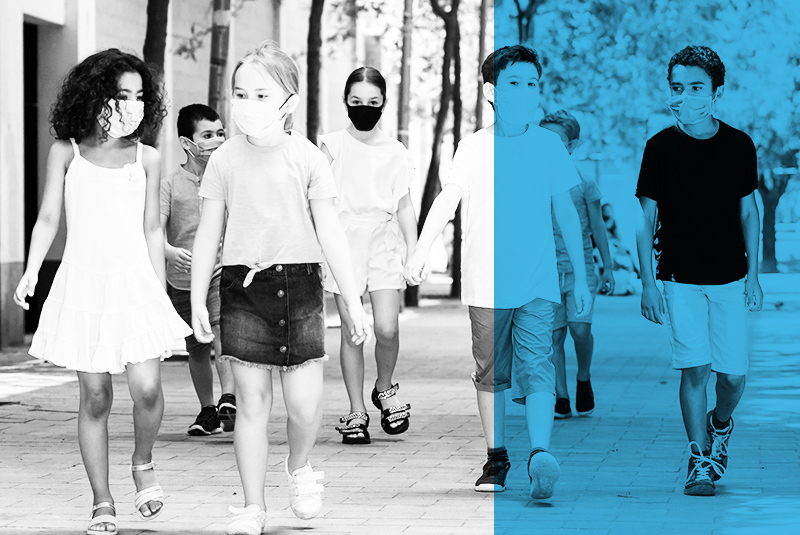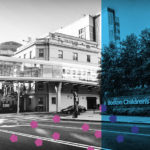COVID-19 and kids: Do you know myth from fact?

As COVID-19 continues to spread across the United States, there is still much misinformation and confusion about how kids are affected by the illness. Test your knowledge by taking our quiz.
[smartslider3 slider=”31″]Take our previous quiz and get more answers about Boston Children’s response to COVID-19.
Related Posts :
-

COVID-19: Separate fact from fiction
With all news outlets and social media turned to 24/7 coverage of COVID-19, it can be hard to keep up with ...
-

More COVID-19 myths and facts: Test your knowledge
As the coronavirus outbreak continues to evolve, experts are learning more about COVID-19 every day, including how it’s spread, ...
-

More COVID-19 myths and facts: Boston Children’s edition
Now that restrictions are easing in Massachusetts, many people have questions about how, if, and when to visit Boston Children’...
-

COVID-19 and children: Understanding the science
As information on COVID-19 pours in from all kinds of sources, not all of them reliable, we wanted to bring ...





